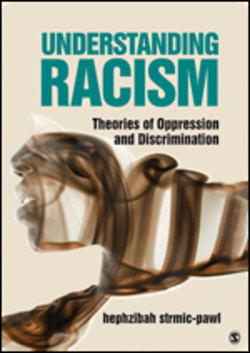Читать книгу Understanding Racism - Hephzibah Strmic-Pawl - Страница 60
На сайте Литреса книга снята с продажи.
Theoretical Limitations
ОглавлениеThe White privilege theory centers Whiteness in the discussions of how racism is perpetuated by Whites; this explanation is of theoretical import but can also run the risk of, ironically, putting Whites at the center of the conversation. Academia is largely a White enterprise, and knowledge that is validated historically has and continues to come largely through White producers. White privilege scholarship has been largely produced by White scholars, and therefore these White scholars become more validated to speak on racism because of the White privilege they have. Certainly, White privilege scholars recognize this conundrum; Tim Wise is known for addressing this issue during his talks when he notes that he gets large speaking engagements partially due to his White privilege. But White privilege theory needs to be careful not to reify the very problem that it aims to analyze and deconstruct.
Another drawback of White privilege theory is the conflation of macro-level systemic issues and micro-level individual experiences of privilege. For example, White privilege examples include the micro-level, individual experience of a White person who is not followed around in a store and the macro-level, systemic problem of the disproportionate incarceration of people of color. Of course, the macro level and micro level are interconnected, but White privilege attempts both to represent an individual experience that is a consequence of a system and to represent the system itself. White privilege can be used to articulate micro- and macro-level Whiteness, but White privilege does not theorize systemic racism well. strmic-pawl addresses this theoretical limitation of White privilege and argues that systemic racism is better conceptualized through the framework of White supremacy37 (see Chapter 3 on White supremacy).
